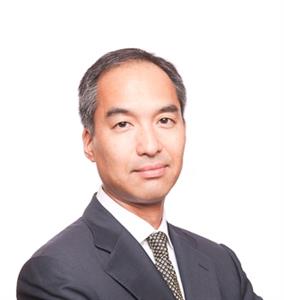Fidelity International’s engagement with Kirin began in 2014, when we delivered some critical feedback about its poor execution of strategies, and suggested it drastically restructure its business portfolio and retreat from loss-making operations like its Brazilian beer business.
Progress was slow to start, but when Yoshinori Isozaki became Kirin’s CEO in March 2015, he embarked on an ambitious package of reforms known as the Kirin Group 2016-2018 Medium-term Business Plan, which included a full restructuring in Brazil. At the same time, he took steps to strengthen Kirin’s governance by appointing an independent director to be its Chairman of the Board in 2016, enhancing board independence, and also setting long-term incentives for executive directors.
Deeper engagement
Our engagement has deepened over the years. In 2017, Kirin’s new CEO spoke at an equity seminar in Fidelity’s Tokyo office where he and I demonstrated in front of our clients how shareholder engagement is conducted between a company and an investor. Kirin also sought our detailed and candid feedback in 2018 on its Integrated Report, which is meant to seamlessly join its ESG activities into its core businesses, which we provided. Eventually, I was asked by Kirin to join its stakeholder dialogue to prepare a “Kirin Group Vision 2027” and to help review its creating shared value, or CSV, purpose and commitment strategies.
From ESG to CSV
The stakeholder dialogue with Kirin’s top executives was lively. We suggested they bring their commitments in line with the Sustainable Development Goals set by the United Nations, and to be as specific as possible in setting out their CSV targets and deliverables. For example, Kirin proposed a pledge as part of its CSV purpose to become "A Responsible Alcohol Producer". We suggested this commitment could be made more meaningful by making it more specific, such as by pledging to "Make steady progress toward eradicating the harmful use of alcohol in all countries of operation (Zero Harmful Drinking)". This change was adopted, and so too was our advice to commit to specific key performance indicators (KPIs) that were benchmarked not just to internal financial indicators but to non-financial targets, as these would be more useful in assessing the broader social impact of Kirin’s steps.
Today, Fidelity’s engagement with Kirin continues to evolve and deepen, thanks to the foundation of open, two-way communication that we established at the onset. For us, this is precisely what it means to be an engaged shareholder.







































